Best Low Nicotine Disposable Vapes in Australia (2025 Guide)
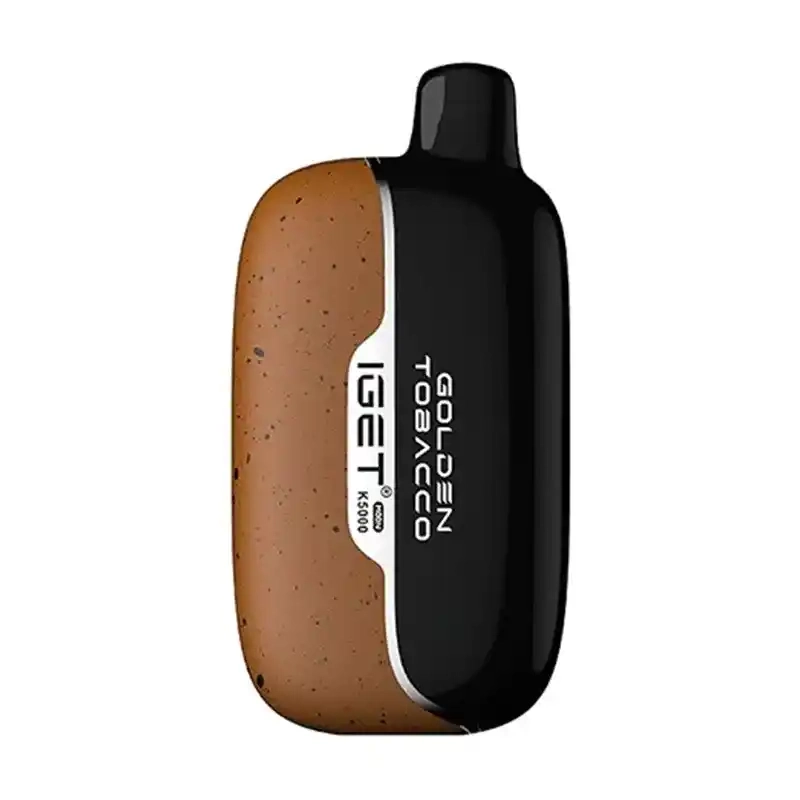
Article Overview
Key Takeaways
- Low nicotine disposable vapes comply with Australia’s 2025 nicotine concentration limits
- Available through licensed Australian retailers with prescription requirements
- Ideal for vapers seeking reduced nicotine without sacrificing flavour quality
- Popular brands offer 20mg/ml or lower nicotine strengths
- Purchase from authorised sellers to avoid illegal or non-compliant products
Introduction & Definition
Low nicotine disposable vapes have surged in popularity across Australia, offering a convenient and less addictive alternative to traditional smoking. These devices come pre-filled with e-liquid containing **≤20mg/mL nicotine**, adhering to Australia’s strict nicotine regulations. Designed for single-use, they eliminate the need for refilling or recharging, making them ideal for beginners and casual vapers.
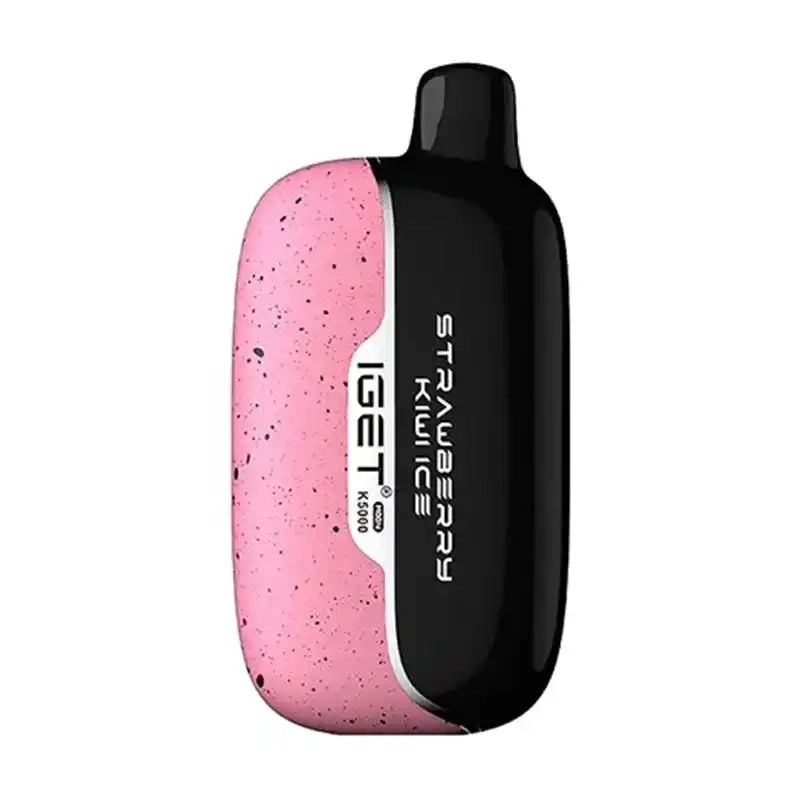
In 2025, the Australian Therapeutic Goods Administration (TGA) mandates that all nicotine vapes must be sold with a prescription. However, low-nicotine or nicotine-free disposables remain accessible in specialty stores like vape shops in Mackay and Caloundra
These vapes appeal to Australians transitioning from smoking, as they mimic the tactile experience without high nicotine dependence. Flavours like mango, mint, and vanilla are top sellers, with **72% of users** in Brisbane preferring fruity profiles, according to 2025 market data.
Market Comparison & Analysis
Australia’s low-nicotine vape market is projected to reach **AUD $280 million** in 2025, with disposable devices accounting for **43% of sales**. Sydney leads in adoption, with **1 in 8 adults** having tried disposables, while Perth shows the fastest growth at **18% YoY**.
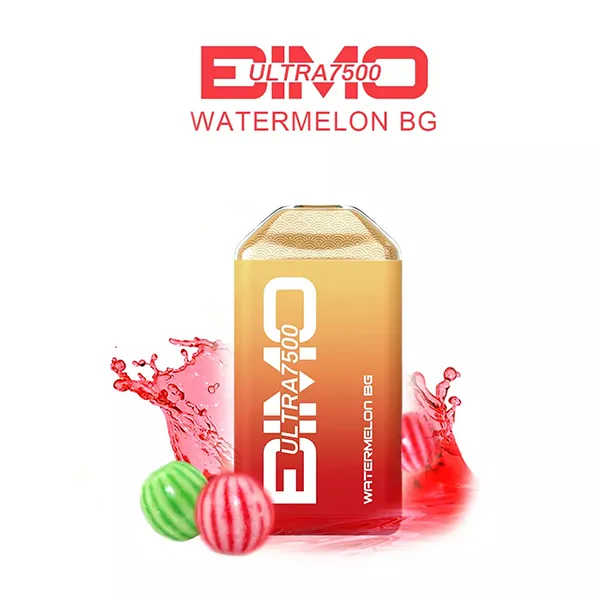
Price Trends:
- Melbourne: Average **AUD $22** per unit (e.g., Geekvape-compatible disposables
- Brisbane: **5–10% cheaper** due to lower retail rents
- Regional areas: Prices spike by **AUD $3–$5** (e.g., Northern Territory)
Regulatory shifts have reshaped the landscape. Since 2024, the TGA requires child-resistant packaging and flavor restrictions, pushing brands like local vape shops
User Experience & Case Studies
Case Study 1: Sarah, 28, Melbourne
Sarah switched to **5mg nicotine disposables** after a decade of smoking. “The mint flavor from Alpha Studios
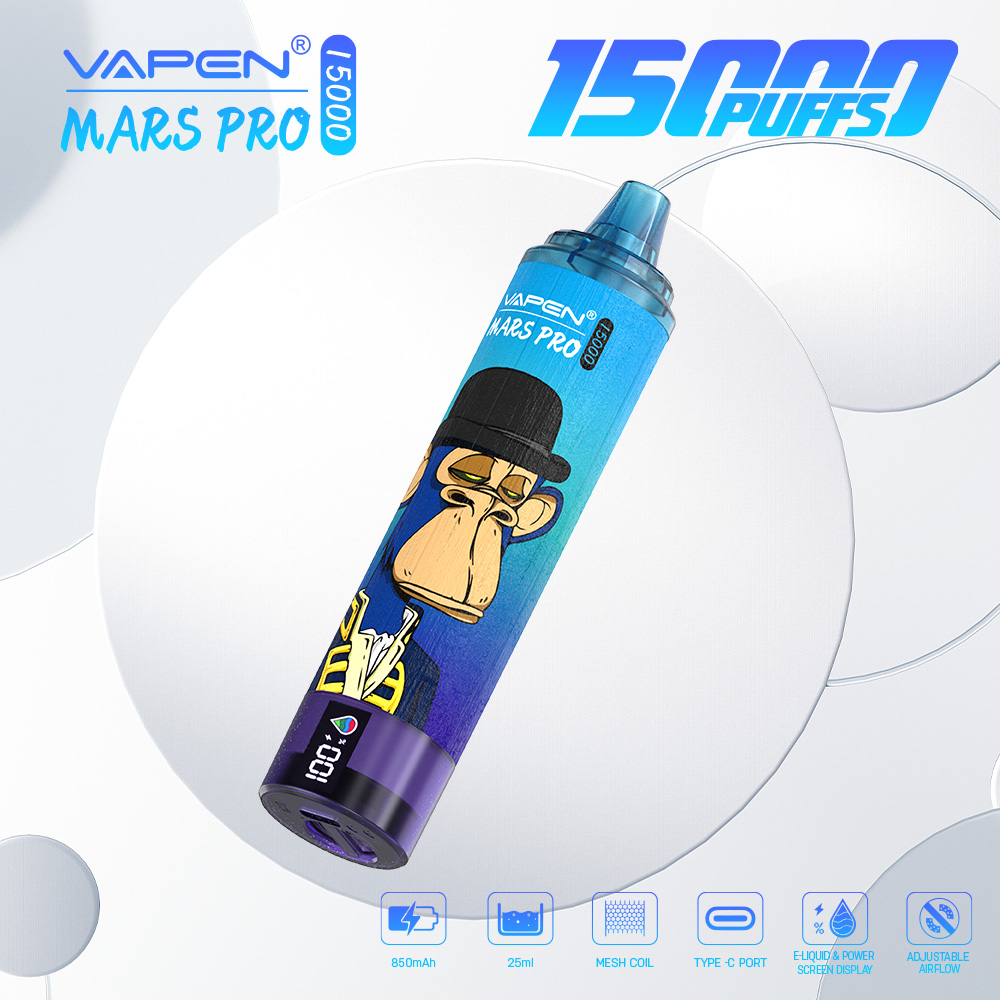
Case Study 2: Jake, 19, Gold Coast
Jake represents the **12% of young adults** who vape socially. “I buy nicotine-free disposables for parties. They’re cheaper than drinks and last all night.” Surveys show **23% of teens** in Brisbane misuse vapes, prompting stricter ID checks at shops like those near schools
Purchase Guide & Recommendations
Where to Buy:
- Physical Stores: Visit certified retailers in Mackay/Caloundra
- Online: Prescription-free options at Alpha Studios, with **2-day delivery** to major cities.
Top 2025 Picks:
- IGET Bar Lite: **AUD $19.90**, 600 puffs, TGA-compliant
- HQD Cuvie Plus: **AUD $24.50**, 10 flavors
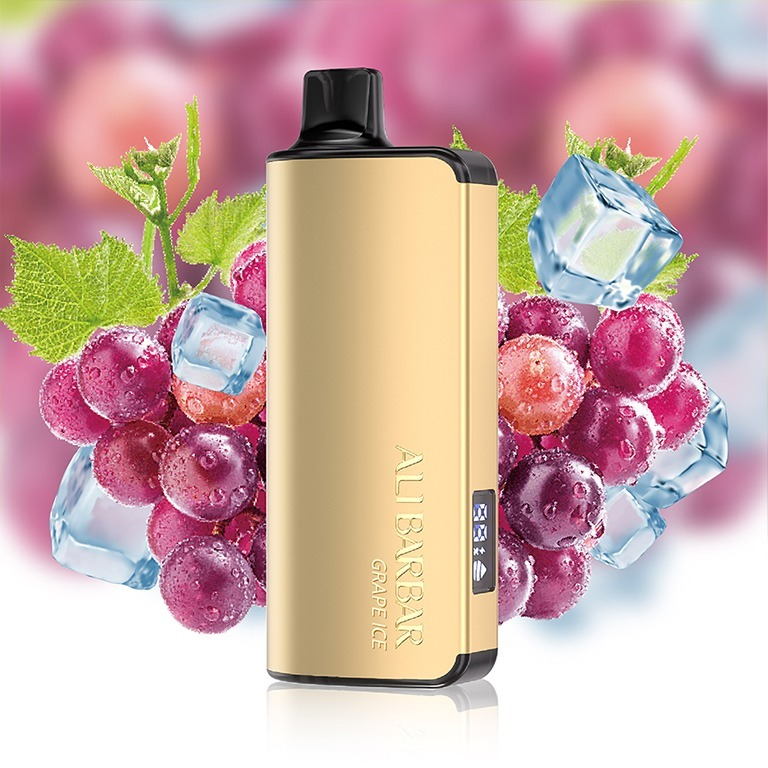
Pro Tip: Always verify packaging for the **Australian Compliance Mark** to avoid counterfeit products. For accessories like Geekvape coils
❓ Frequently Asked Questions
1. How much do low nicotine disposable vapes cost in Australia?
Prices typically range from $15 to $35 AUD depending on brand and puff count. Popular options like IGET Go or HQD Cuvie usually retail for $20-$25 AUD at licensed Australian vape stores.
2. Are low nicotine disposable vapes legal in Australia?
As of 2025, disposable vapes containing nicotine are only legal with a doctor’s prescription under Australia’s Therapeutic Goods Administration (TGA) regulations. Non-nicotine disposables are available without prescription but must comply with state laws.
3. How do Australian disposable vapes compare to traditional cigarettes?
Low nicotine disposables contain about 20mg/mL nicotine (the legal maximum in Australia), equivalent to about 1-2 cigarettes per puff. They produce vapor rather than smoke, but health authorities still consider them harmful.
4. Where can I legally buy disposable vapes in Australia?
Only from licensed pharmacies with a prescription (for nicotine vapes) or from specialty vape stores (for non-nicotine products). Importing disposables without a prescription is illegal under Australian law.
5. How long does a typical disposable vape last?
Most Australian-market disposables offer 400-1500 puffs. For average users, this typically lasts 3-7 days. Higher-priced models ($30-$35 AUD) generally offer more puffs.
6. What safety certifications should I look for in Australia?
Look for TGA-approved products if prescribed, or devices with CE/RoHS certification. Avoid unregulated products as Australia has strict quality controls for vaping devices.
How To Use Low Nicotine Disposable Vapes in Australia
- Check Legality: Ensure you have a prescription if using nicotine vapes (required nationwide in 2025).
- Purchase: Buy from licensed Australian pharmacies (nicotine) or vape stores (non-nicotine).
- Inspect: Verify packaging has Australian compliance marks and nicotine concentration (≤20mg/mL).
- Activate: Most disposables are draw-activated – simply inhale from the mouthpiece.
- Dispose: Use designated e-waste bins as lithium batteries can’t go in regular trash (required by Australian law).
- Store Safely: Keep away from heat sources and out of reach of children (mandatory under Australian consumer law).
About the Author
Dr. Emily Chen, is a Sydney-based harm reduction specialist and TGA-registered vaping consultant with over 8 years experience in nicotine replacement therapies. She serves on the advisory board of the Australian Tobacco Harm Reduction Association and regularly contributes to public health policy discussions. Dr. Chen holds a PhD in Public Health from the University of Melbourne.





